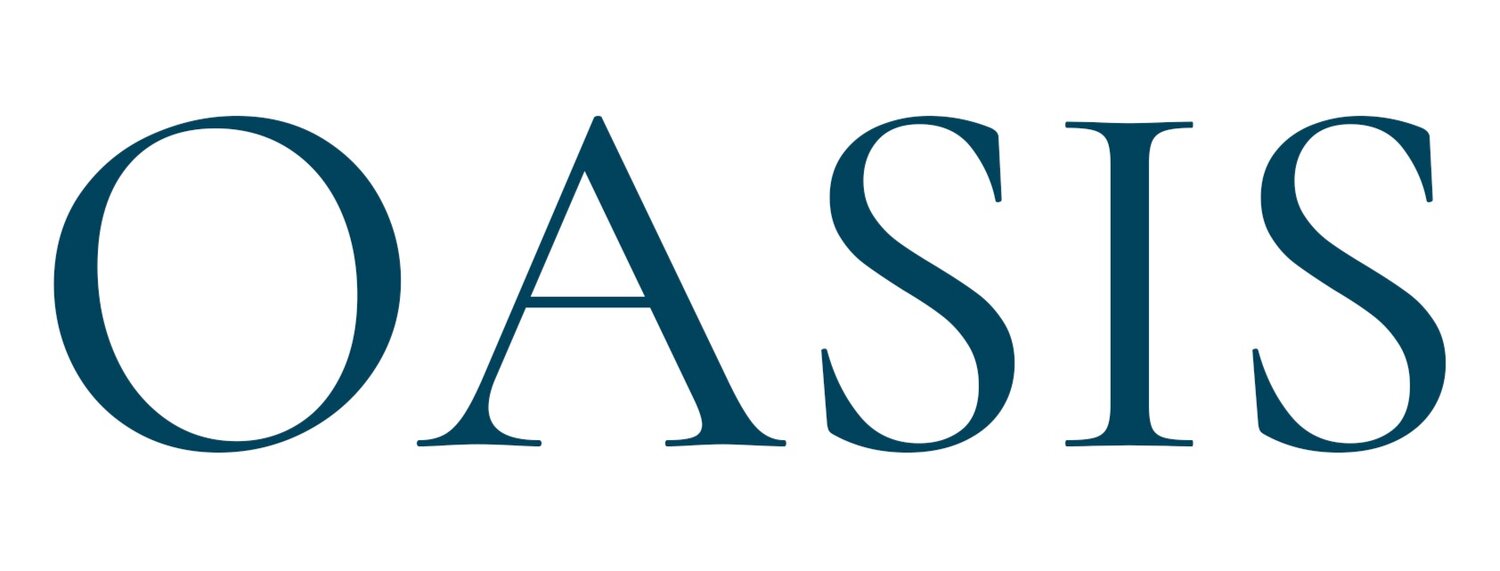Prevention of Postpartum Hemorrhage: Options for Home Births in Rural Ethiopia
This paper sought to determine the safety and feasibility of home-based prophylaxis of postpartum hemorrhage (PPH) with misoprostol, including assessment of the need for referrals and additional interventions. In rural Tigray, Ethiopia, traditional birth attendants (TBAs) in intervention areas were trained to administer 600mcg of oral misoprostol. In non-intervention areas women were referred to the nearest health facility. Of the 966 vaginal deliveries attended by TBAs, only 8.9% of those who took misoprostol prophylactically (n=485) needed additional intervention due to excessive bleeding compared to 18.9% of those who did not take misoprostol (n=481).The experience of symptoms among those who used misoprostol can be considered of minor relevance and self-contained. This study found that prophylactic use of misoprostol in home births is a safe and feasible intervention. Community health care workers trained in its use can correctly and effectively administer misoprostol and be a champion in reducing PPH morbidity and mortality (Afr J Reprod Health 2009; 13[2]:87-95)
